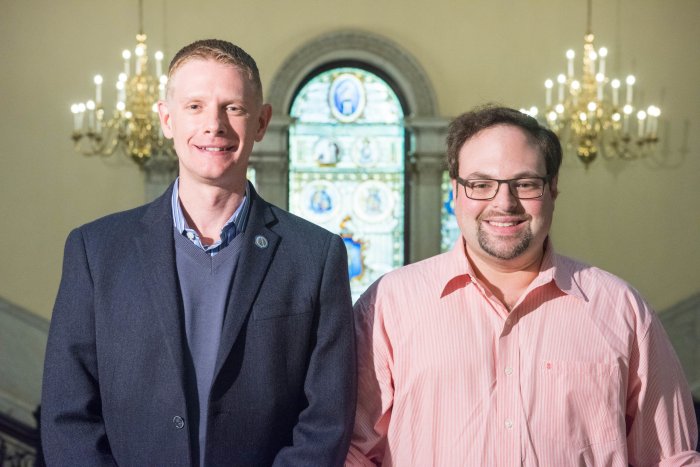When I was young, one of my favorite books was Sugarcane Island,which was the first “choose your own adventure” type of interactive book.
The premise was fairly simple: You had been shipwrecked on a deserted island. The goal was survival and finding your way home. At the end of each chapter was a list of possible choices; whichever one you chose determined your fate in the next chapter. RELATED:How to live like the stories you love
The problem with this kind of “choose your own adventure” story was that although it could end in one of many possible scenarios, I always felt a lot of anxiety. In Sugarcane Island,I could make “good” choices, leading me back to civilization, or “bad” choices, where I’d be swallowed by quicksand or eaten by cannibals. Obsessed with making the “right” choice so I wouldn’t wind up on an island native’s dinner plate, I read ahead and memorized all the decisions that would lead me to safety. Many people live their lives with a similarly anxious, right-wrong mindset. The promise of fairy tales is that we will survive our trials to live happily ever after. But we know not every story ends wrapped in a bow. Faced with constant choices, many people fear making the wrong moves and dooming themselves to a tragic ending — as if there were only two possible resolutions to every story. The problem with this thinking is that success is defined narrowly based on a limited set of criteria; inessence, do you get off the island or don’t you? In addition, each result is interpreted the same way: getting off the island is always right, and staying is always wrong. RELATED: Turn your life into a hero’s journey
But life is rarely this simple, and our perspective can change how we regard what happens. Had my sojourn on Sugarcane Island been framed as a learning opportunity, I might not have been so worried about “getting it right.” For instance, what if I had been asked to assess what important life lessons I had gleaned or survival skills I had accrued from each choice, or even been presented with the option of writing my own ending? Perhaps I might have even considered staying on the island a “right” ending, if that meant befriending the natives or establishing a peaceful coexistence with them. While everyone naturally seeks happy endings, we can’t always control the plotline of our lives. Even if events unfold in unexpected or undesirable ways, we can still mine our stories for a silver lining, identifying enriching experiences and important lessons to carry into the future. Kim Schneiderman, MSW, LCSW, is a psychotherapist and the author of Step Out of Your Story, out now. Email Kim your questions at askkim@metro.us.
A more fulfilling life has nothing to do with winning or failing

iStock

















